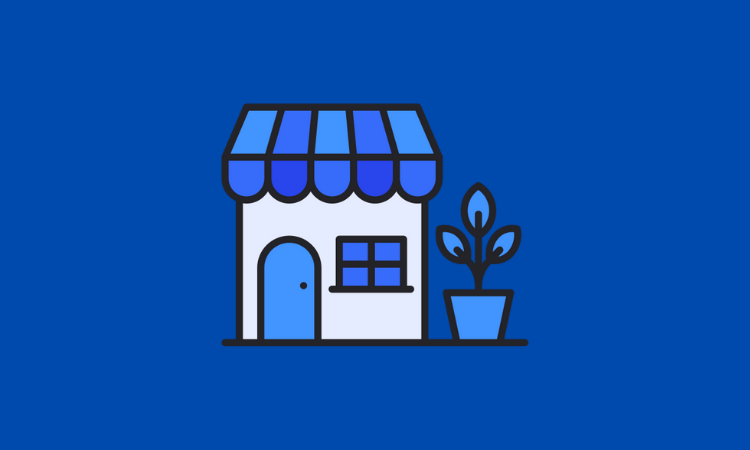Sponsored by Wave
‘You have to take a lot of shots on net’: How Wave empowered entrepreneurs to survive and thrive during the crisis
- Wave's accounting software powers many entrepreneurs' financial and accounting activities.
- Co-founder and CEO Kirk Simpson describes how small businesses have found ways to survive, and even thrive, during the current crisis.








